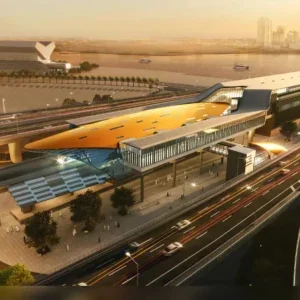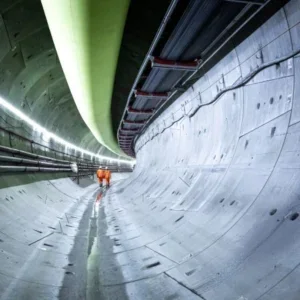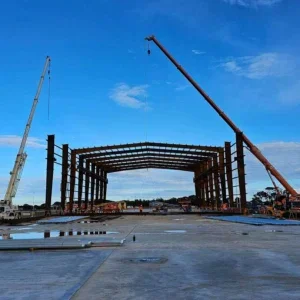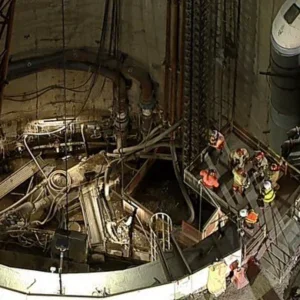The report, “Subsea Tunnels. Are We Crazy?”, has been published by Yell and Unst Tunnel Action Groups following a visit to the Faroe Islands to explore the impact of tunnels there.
Joint chair of Unst Tunnel Action Group Alice Mathewson said the visit revealed that 11% of the Faroese road network was underground, and from next month, the Faroes will have 22 tunnels, four of which are subsea.
The Shetland groups will now gather geological data for their campaign.
“Our target during the initial phase of our fundraising is to undertake these investigations up to geotechnical cores. Should we achieve this, we will then move forward to seek funding for bore holes and horizontal drilling on both sounds. This should provide the necessary data for any potential developer to take the project forward,” said Mathewson.

Joint chair of Yell Tunnel Action Group Steven Henderson said it was evident from the Faroe Islands that tunnels would provide opportunities for growth, contribute to carbon neutrality and “rebalance the incessant centralisation of both services and population”.
The Faroese and Shetland economies had traditionally been dependent on fisheries, especially in Unst and Yell. “The importance to the economy of moving time-sensitive, perishable seafood cannot be overstated, yet it is reliant on a ferry service that can be restricted due to ferry timetabling and service suspension,” said Henderson.
The Action Groups also found that the funding of subsea tunnels through public/private partnership, using both public investment and publicly sourced/guaranteed loans, financed by toll payments, worked well in the Faroes.
Joint chair of Yell Tunnel Action Group Graham Hughson, said: “We have never suggested that tunnels to Unst and Yell should either be fully publicly funded nor toll free. We would like all potential funding routes to be explored, and we believe that the Faroese model is one that should be examined in more detail.”
Joint chair of Unst Tunnel Action Group Duncan Gray said the groups now needed to foster the political will to explore and back the project.
“Ultimately it comes down to risk. The costs for tunnels currently being quoted within political circles in the UK are far beyond those quoted to us by Faroese and Norwegian tunnelling experts. We believe that a lot of the risk and uncertainty can be reduced through geological investigation. That is why we are centring our efforts on geological studies in order to get a better understanding and more realistic costing for tunnels to serve our islands,” he said.
“There is also no guarantee that the Scottish government will continue to fund the deficit which they currently commit to our ferry service, nor is there any plan, realistic costing, or budget in place for ferry replacement. Even if these were to appear, our communities will face the same ongoing situation every 20 to 30 years. Therefore, on that basis alone, we believe that the option of constructing tunnels is forward thinking and economically sound.”
The Unst and Yell Tunnel Action Groups launched their campaign in July this year to connect the two islands to mainland Shetland through subsea tunnels in Yell Sound and Bluemull Sound.







